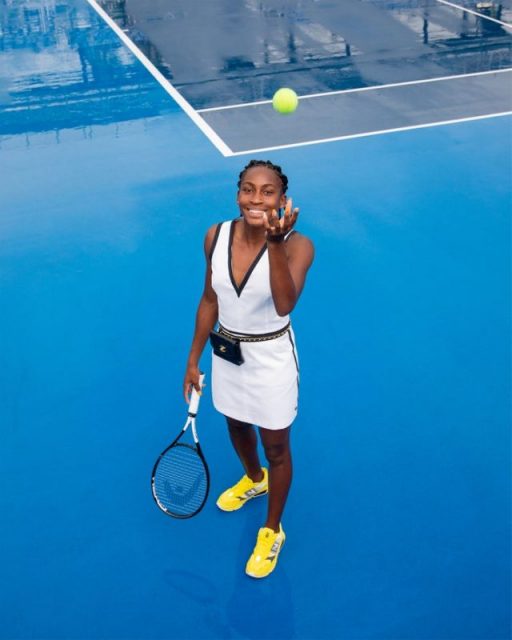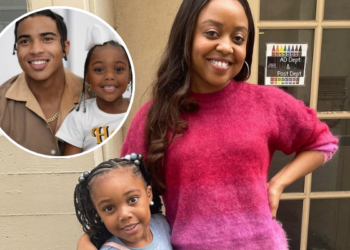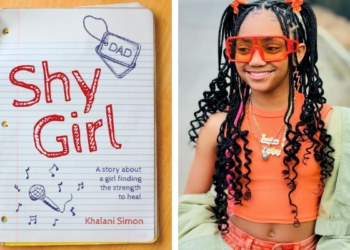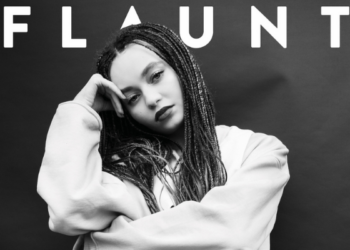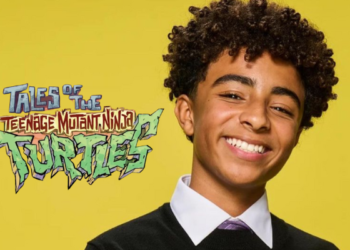Cori “Coco” Gauff gained instant sports stardom when she defeated Venus Williams during the first round of Wimbledon, becoming the most talked about tennis star of her generation.
“It wasn’t a gradual kind of thing. Everything literally happened overnight,” the fifteen-year-old told HYPERBEAST Magazine in a recent interview regarding her sudden entrance into the spotlight. “A lot of people come up to me saying that I inspire them, and honestly I think it’s just crazy.”
The young star gained international attention as her talent took her to Wimbledon’s fourth round. When asked if she is is going to be the next Serena Williams, the humble young athlete simply responds, “It’s a great honor that they even compare me to her. But for me, I try not to think about being the next Serena because she’s her own person and I’m my own person. I don’t want to be the next Serena, I just want to be me.”
Check out a snippet of the interview with HYPERBEAST below. To read the interview in it’s entirety, click here.
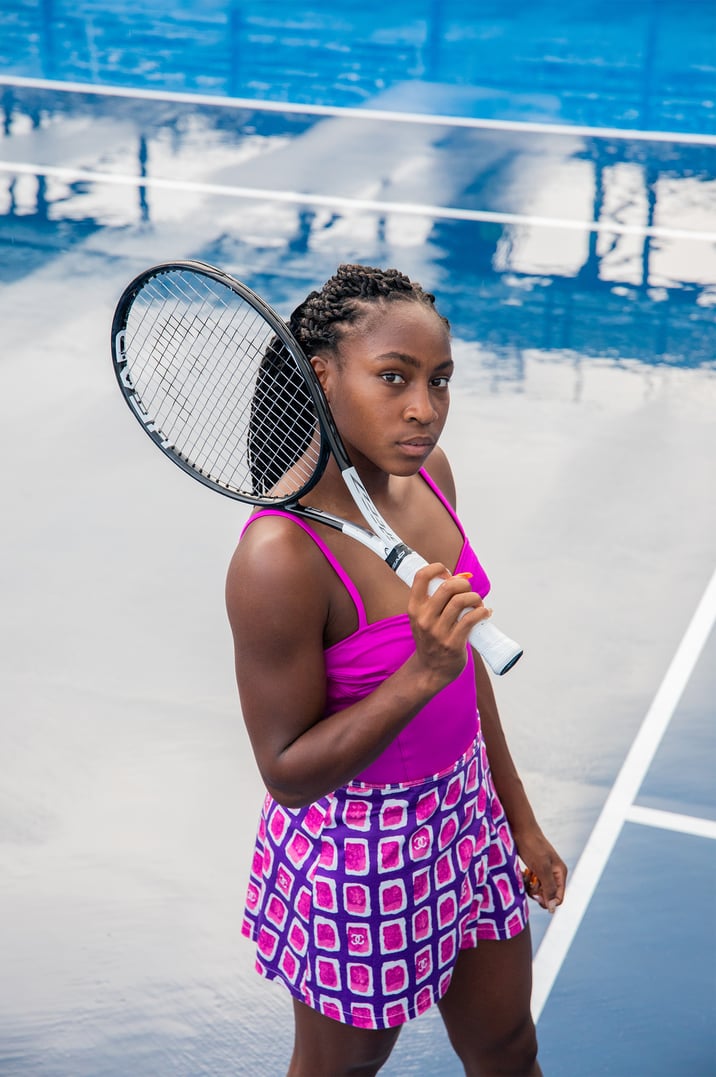
HYPEBEAST: How are you handling this newfound recognition after Wimbledon?
Coco Gauff: I knew I’d have a bigger platform, but not to this degree. A lot of people come up to me saying that they’ve never watched a match before in their life and they were screaming at the TV during Wimbledon. It’s crazy. Tennis, at least in the U.S., is not one of the biggest sports. I guess it was kind of a big story, but I didn’t think it’d be that big or that global.
Are there any specific things you learned after competing at as big a tournament as Wimbledon?
Well, first I’ve learned how to play in front of such a big crowd and handle all the noise that’s going around. Even after Venus, I was like, “This isn’t like the Superbowl when you win, you win.” I had a lot more matches to play after the Venus match. I was just trying my best not to think about it anymore. It was just hard, because it was a dream come true. And even now, I tell my dad daily that I can’t really believe I beat Venus.
I also learned that I’m capable of a lot of things. In my third round I believe, I was down a couple of match points and I was able to fight through that and I just learned that no matter what the score is, if I keep fighting maybe I’ll come out on top.
Do you feel it’s maybe more of a mental challenge playing at this kind of tournament, as opposed to the physical challenge?
It’s definitely more of a mental challenge than physical. In the juniors, sometimes you have to play two or three matches a day. So I wasn’t too worried about being fatigued, but mentally it was just tough, because on the court you have to act so calm. You have to fake it until you make it, because I may not appear as if I was nervous but I was definitely nervous inside. It’s very hard to not show that, because your opponent feeds off of that.
Let’s back up a bit and talk about your early career. When did you first begin training in tennis, and what drew you to the sport?
My dad and my mom would put me in a lot of sports starting at six, and that’s when I started tennis. But I also played basketball, track, gymnastics and soccer. They knew I would play a sport, but, they didn’t know which sport.
I really got serious at around eight. Then I stopped doing all of the other sports. I think I was 12, turning 13, I stopped doing basketball and track. Even as I was doing basketball and track, I knew that tennis was my main sport, but I still enjoyed doing it.
What did you enjoy about tennis as opposed to all the other sports?
Just that you’re independent on the court and you’re out there alone. Sometimes it makes it more challenging. But I think for me, even when I was younger, my parents would always say, I was always playing by myself when I would play at preschool. But I guess that was always my personality, so I think tennis fit that. Even now I’m really independent, I don’t ask for help a lot. So I think being on the court alone helped me because I get to make decisions for myself.
Were your coaches aware early on that you had this kind of talent?
Yeah, they never really said it to me. But now my parents would tell me that a lot of my coaches, even starting at eight, they used to tell me that this girl has potential and that she can do some big things in the sport. And my parents and the coach never told me just so I can continue to work hard and not get my head too big.

Having gotten so far at Wimbledon and potentially going to the US Open, what are your short-term career goals?
Short term, I want to get into the top 100 of the WTA rankings. Right now, I believe I’m 141. I started the year off at 900, 800, maybe.
At the beginning of the year I told that to my dad. At the time he never told me, but he knew that it would be tough for that to happen. I guess in the back of his mind he thought it would be really challenging to do that because this was before knowing I would place Wimbledon and the French Open, and all these bigger tournaments. But I told my dad maybe two or three weeks ago, “I might be able to top 100.” He was like, “Yeah. It’s crazy because you told me that at the beginning of the year.” So hopefully I can get there, but I think if I make my next few tournaments and do well then I’ll get there.
Looking at the next 10 years, 20 years, what are your big picture goals?
In the next 10 years I definitely want to win a couple of Grand Slams and hopefully reach number one, one day. My big picture goal, I guess it would be the greatest of all time. It’s a big goal, but I think for me it’s important to set that really high and long term goal because I feel I want to always have motivation. So hopefully I can get there. Maybe I will, maybe I won’t, but I know that I am capable of doing it.
